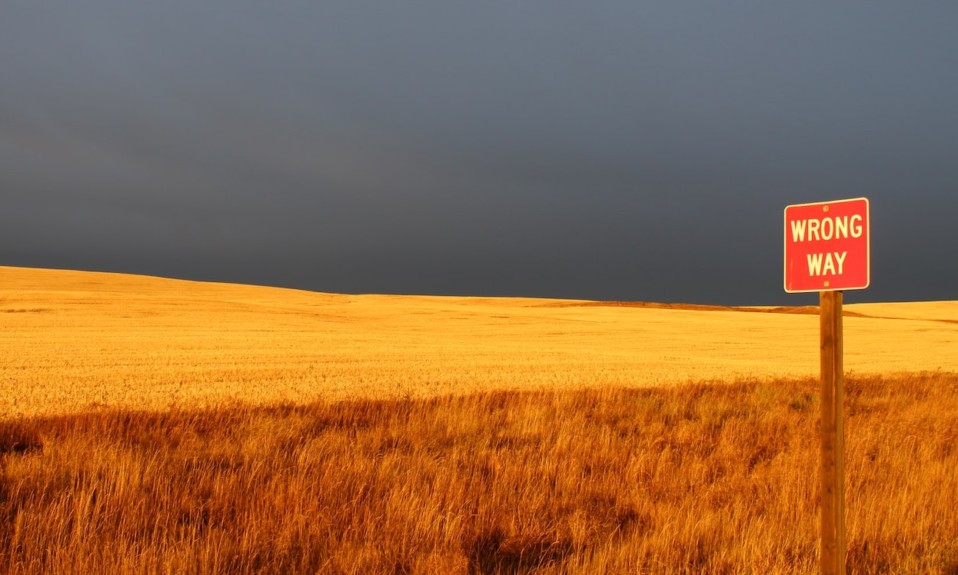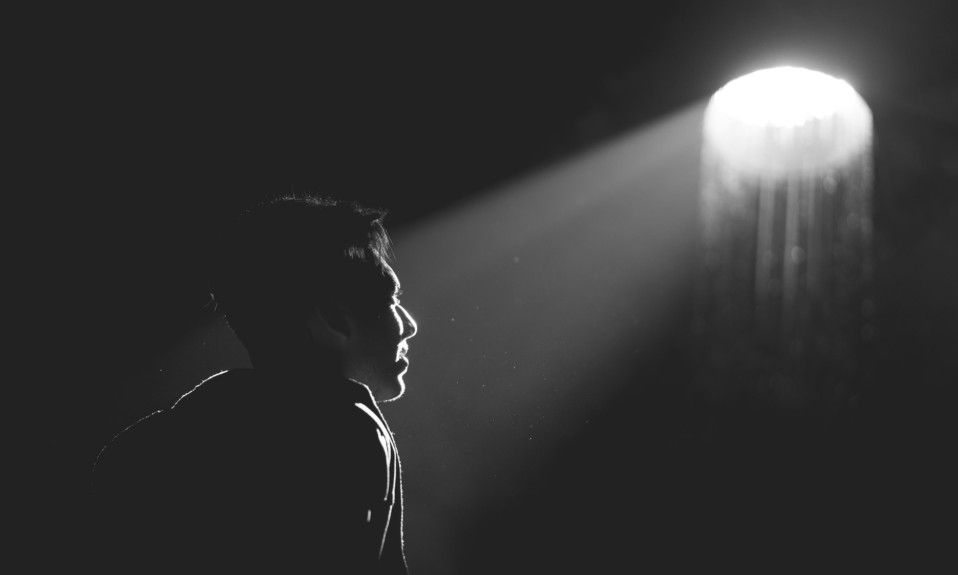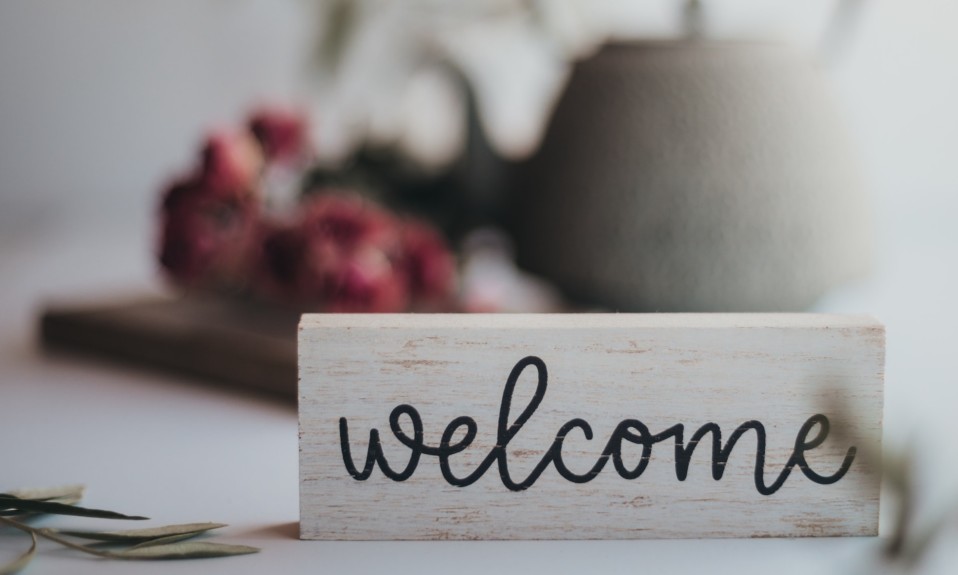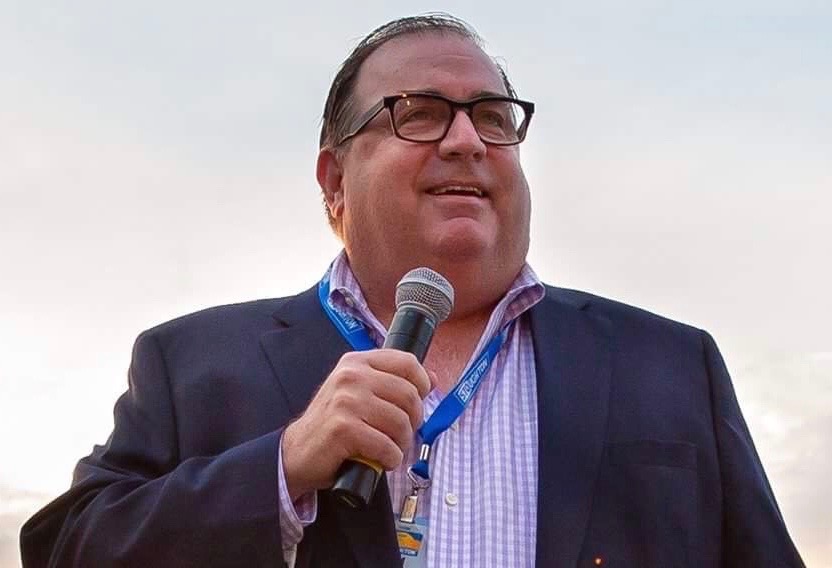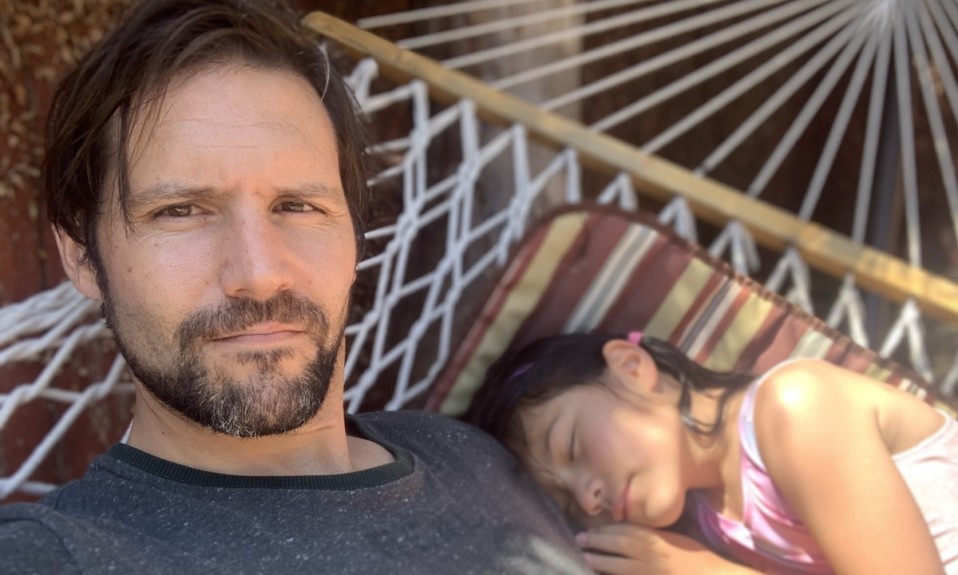To improve outcomes, the treatment community needs to do a better job of working toward common goals
This post is reprinted with permission from one of TreatmentMagazine.com’s go-to blogs about addiction, treatment and recovery: Recovery Review.
By William Stauffer
“I don’t even agree with myself 100% of the time”—Me
It is a tongue in cheek self-quote. Cheap, but true and relevant to the piece. Perhaps you may even identify with it. After all, we all hold views that seem contrary or in conflict with each other. It is the essence of the human condition. What we understand evolves over time in a lifelong process.
Harnessing ways to improve our capacity to understand complex, multifaceted issues like addiction and recovery are vital to improving our outcomes. We need to evolve our thinking to do so. It would serve us well to bring people together to examine our assumptions in service of common goals. Strategies that move us forward and not pit us against each other as we also have a long history of enduring.
We have examples grounded in our own history of people come together to accomplish hard things. This is why it is vital to understand what has come before us, to examine strategies that worked, develop insight into why they worked and consider what may have been missed or done in ways we can learn from to effect improved strategies moving forward. We also have to consider how to use what we learn to overcome new challenges.
I have been reflecting on my own (evolving) views on the New Recovery Advocacy Movement. At the beginning of the era in the ’90s, I was working in a publicly funded treatment program. The very same organization I found help at over a decade before in the mid-’80s. Filled with people who understood and lived within the culture of recovery. A place I felt understood and supported. Where I was greeted with a lot of positive regard and empathy by people who had walked similar paths to the one I was on. I had a lot of say over my own treatment, including duration, frequency of services and content of my sessions. The very things I later found myself trying to protect as administrative burden and staffing regulations that served as barriers to recovering people entering into the workforce multiplied. Reimbursement rates inconsistent with the tasks at hand that made it increasingly challenging to deliver the very services that saved my life years earlier.
By the late ’90s, I was reading the writings of Bill White on recovery-oriented systems of care and running the program I had been served in years earlier. I liked a lot of what he said, but other things I did not appreciate at all. I thought he was unfair to treatment and the contributions that many of us in recovery were making. While I had mixed feelings about what he was saying, I applied the recovery principle of examining and exploring my own discomfort to see if I was missing something. Looking for and examining my own blind spots.
I recall reaching out to him during this era to explore what he was writing about. I was pleasantly surprised when he wrote back. We had several great conversations. I felt heard. I better understood what he was writing about. I started to see more clearly what he was saying about the erosion of recovery in our systems of care. I increasingly agreed with his views as I grew to understand them. I suspect that such gradual shifting views through his writings and polite and respectful dialogue about these concepts helped change a lot of views in that era. We overcame the forces of division by embracing our recovery values.
We must examine our own flaws and blind spots in order to understand our common ground. Challenging our own flawed perception is a fundamental process in recovery.
I gradually came to understand that he was most critical of acute treatment models that were not oriented towards long-term recovery. The subtle erosion of focus on recovery in our care systems. A substance use disorder (SUD) workforce that has fewer and fewer people in it who had lived experience with recovery. Too many workers who had no frame of reference of what the people they were serving experienced in their respective recovery journeys. A system that increasingly failed to deliver the care and support people needed to heal. Thoughts that resonated with a lot of our community nationally. People coalesced around the emerging concepts to address these concerns.
His writings influenced and helped shift my views, but I had also been open to understanding his perspectives where they challenged my own views. I was open to examining my own confirmation bias. It got me to thinking about writing as a medium to explore ideas. It is a vital medium. Is a written article intended to be something etched in stone so that every word is to be considered as unending truth? Do we use writing to evolve ideas, to develop deeper insights and to find common ground, or to cancel out seemingly oppositional views and those who hold those perspectives?

Few mediums allow us to explore ideas like the written word. I am also not sure anything else is as effective. But it takes time and energy to write and to read. One facet of how it is changing comes from social media, which has changed the way we write and think. Social media uses algorithms that feed into our own confirmation biases and allow us to avoid different ways of thinking or uncomfortable truths. It can magnify our worst traits. This article notes how rude behavior spreads like the flu on social media, a breeding ground for negative behavior. It can be used as a powerful bludgeon to shut down discourse and stifle thought and expression which unfolds in a Spiral of Silence. Dynamics toxic to positive change. How do we overcome these formidable barriers that make it harder to hold common ground? How do we make sure we spend enough time with not entirely likeminded people who are civil so we can examine our own views more deeply?
All communication is imperfect, every medium has flaws as do the sender and receiver. Yet most of our shining moments in world history center on times we overcame these challenges to champion greater truths. Our finest moments as a species relate to overcoming our differences. Yet, a lot of forces push against the dynamics of positive change. A good book on the topic is Them, Why We Hate Each Other—and How to Heal by Ben Sasse. My takeaway line from his book is that we no longer unite on things we agree on—we come together focused on things we hate. These two things have very different energies. Hate is a very destructive force. It seems far too often these days that hate and division are winning. We cannot let it. We cannot let darkness to prevail over light.
What are our responsibilities to those who fought hard for us to get here and to those depending on us to carry this work to the next generation?
We also have to start by acknowledging the inherent flaws of our communication mediums and our own powers of perception. I did not fully appreciate what Bill White was saying in those early days because I was working as hard as I could to accomplish similar goals inside the system he was being critical of. I initially focused on his criticisms and what I thought they meant rather than what he was trying to say and our common ground. I could have reflexively rejected everything. To be lazy and reject his valid points where they challenged my beliefs. Instead, I chose to explore what he was saying with as open a mind as possible. Others did too.
We must examine our own flaws and blind spots in order to understand our common ground. Challenging our own flawed perception is a fundamental process in recovery. We do this to overcome addiction and can apply it in other ways as well. It is one of our superpowers.
Some thoughts emerge in respect to what we do next and things we should remain mindful of:
- All communicators are imperfect despite our best efforts.
- All communication mediums are imperfect. We need to factor this into how we receive information.
- All receivers of information are imperfect. We all have blind spots and biases.
When we consider those truths, we may:
- Question our own reactions to what we see and hear as we are imperfect receivers of information. Doing so can offer clues in our own biases and assumptions and help us see the truths in other perspectives.
- We collectively benefit when we evolve our ideas over time to identify our common ground.
- We cannot build anything up in the long run by diminishing each other.
- We have a lot to lose if we do not figure out ways to find and hold common ground. Not just in the recovery movement, but as a society in general.
Some open questions:
- How do we overcome the barriers created through social media and reduced social connection?
- What are our responsibilities to those who fought hard for us to get here and to those depending on us to carry this work to the next generation?
- What are our agreements on how we express and receive ideas across our ideological camps?
- What do we stand to lose if we simply maintain the status quo?
We have a big agenda. Are we going to be big enough to come together to serve it effectively? History shows us we can when we decide to do so, together.
We have some decisions to make about what we do and how we do it. What we do will determine how we will:
- Strengthen long term recovery facilitated by our diverse communities for our diverse communities.
- Ensure that our voices are included in meaningful ways in all matters that impact us.
- Develop future leaders and expand recovery to every American with a substance use issue.
We have a big agenda. Are we going to be big enough to come together to serve it effectively? History shows us we can when we decide to do so, together. The question is will we?
The answer to how we do so starts with each one of us and the effort we take to understand and incorporate our varying views into a broad recovery plank.
This Recovery Review post is by William Stauffer, who has been executive director of Pennsylvania Recovery Organization Alliance (PRO-A), the statewide recovery organization of Pennsylvania. He is in long-term recovery since age 21 and has been actively engaged in public policy in the recovery arena for most of those years. He is also an adjunct professor of Social Work at Misericordia University in Dallas, Pa. Find more of his writing, as well as a thought-provoking range of articles, insights and expert opinions on treatment and addiction at RecoveryReview.com.blog.
Top photo: Peter Olexa; bottom photo: Adam AY




